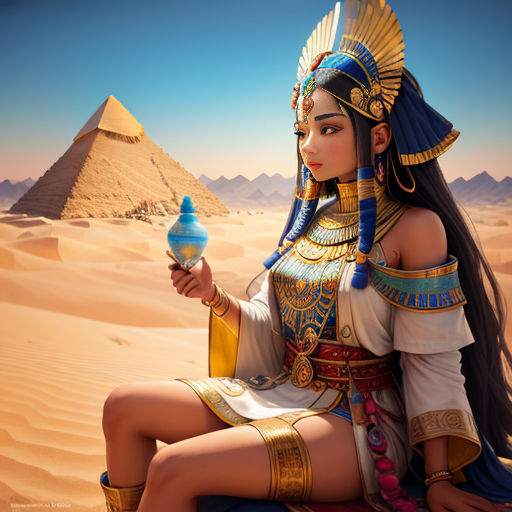
Healing Sands: Ancient Egyptian Medicine
By Storybird

19 Sep, 2023
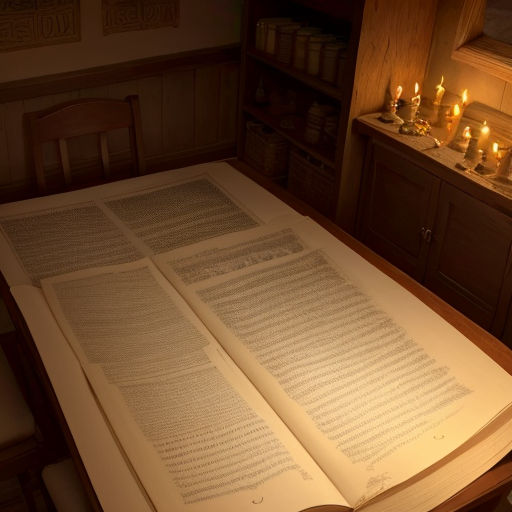
The sands of time take us back to the era of the Pharaohs, a time of mystique and marvel. The ancient Egyptians were pioneers in many fields, including medicine.

Their understanding of the human body was advanced for their time. They identified and treated various ailments using a combination of natural remedies and spiritual rituals.
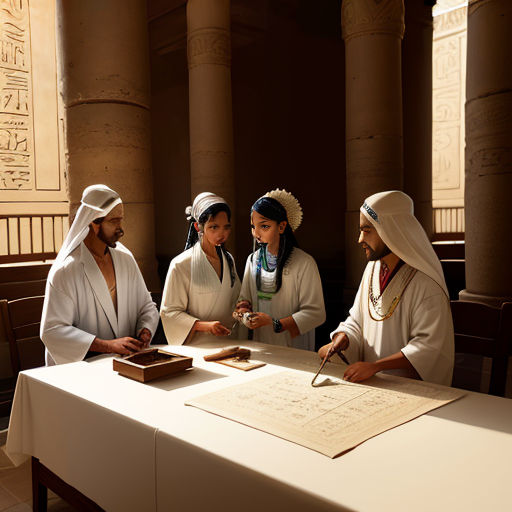
The medical practitioners were called "swnw." They were well-respected and often served in the pharaoh's court. Their medical knowledge was passed down through generations.
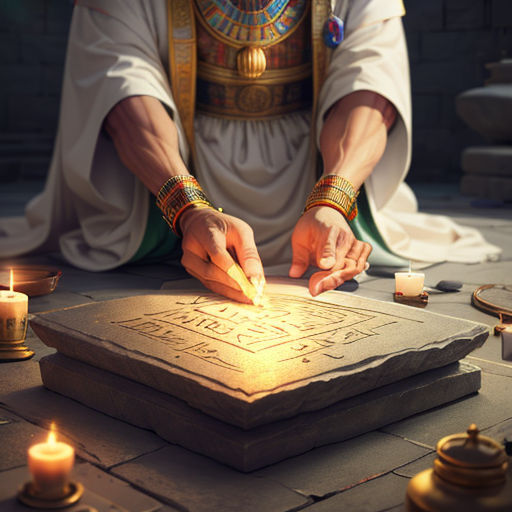
Ancient Egyptians believed that gods were the source of all diseases. Hence, they often turned to magic and spells for healing, alongside their medical treatments.
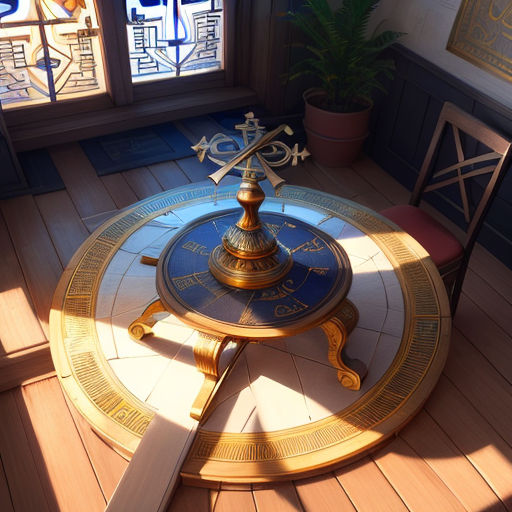
$$C_START_1$$ Ankh || The Ankh, a symbol of life and healing in ancient Egypt. $$C_END_1$$ They often carried an Ankh, a symbol of life and healing, during their healing rituals.

The use of herbs was a crucial part of their medical practices. They used over 700 different kinds of plants, including garlic and juniper, for healing.
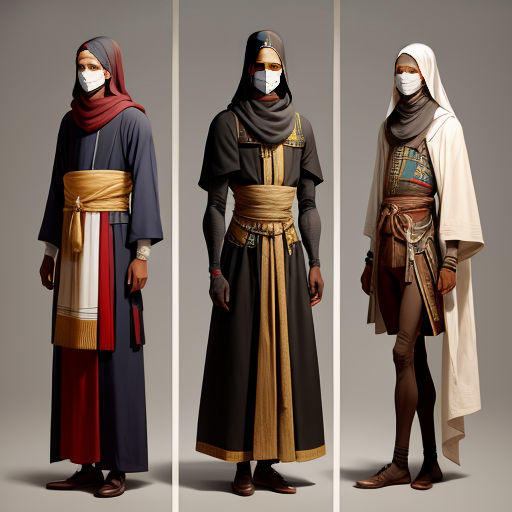
They had an extensive understanding of anatomy, having practiced mummification. This knowledge led to the development of surgical procedures.
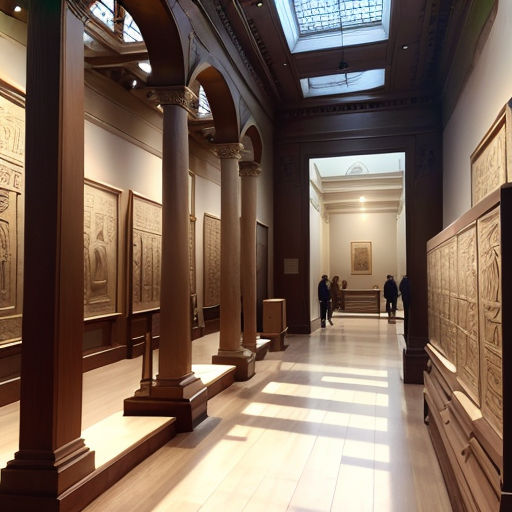
Ancient Egyptians were the first to create prosthetic devices. They designed wooden toes for those who lost their own, aiding them in walking and maintaining balance.
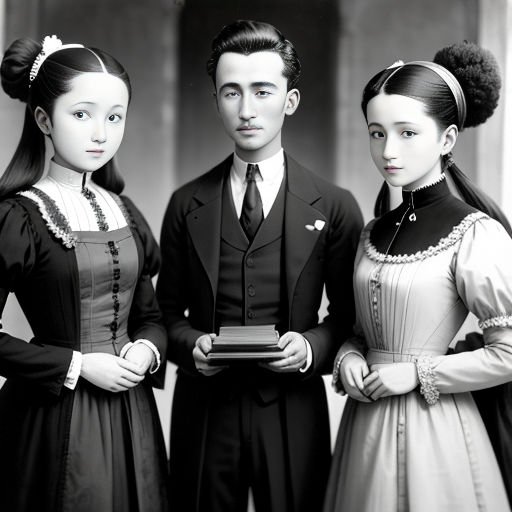
They also had an early understanding of dentistry. They used drills and had knowledge of dental diseases and their treatments.
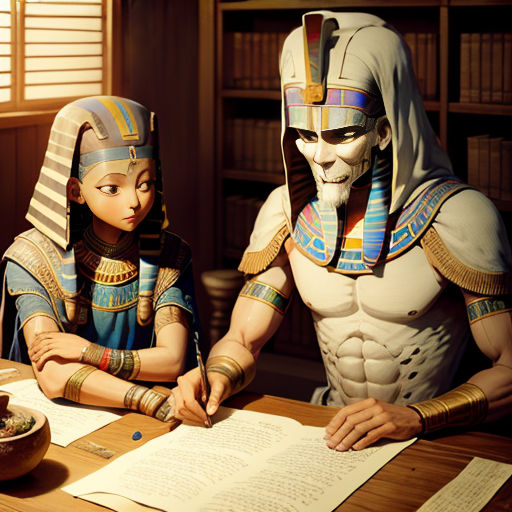
Papyrus scrolls served as their medical textbooks. The Ebers Papyrus, one of the most famous scrolls, contains over 700 remedies for illnesses.
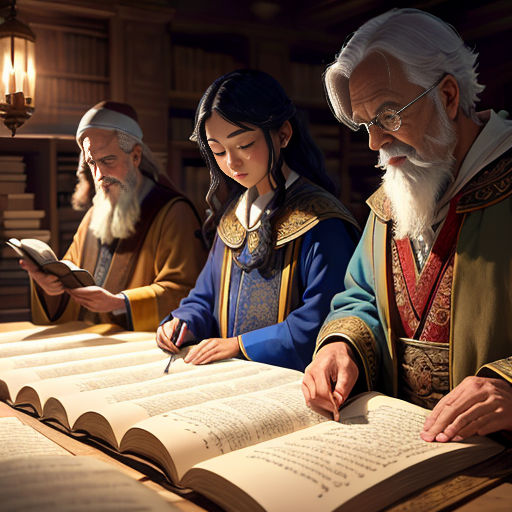
These scrolls were written by scribes and were used to teach the upcoming generation of swnw. They contained a mix of magic spells and practical advice.

Their medical practices were not just limited to humans. They also treated animals, especially those that served as companions or sacred symbols.
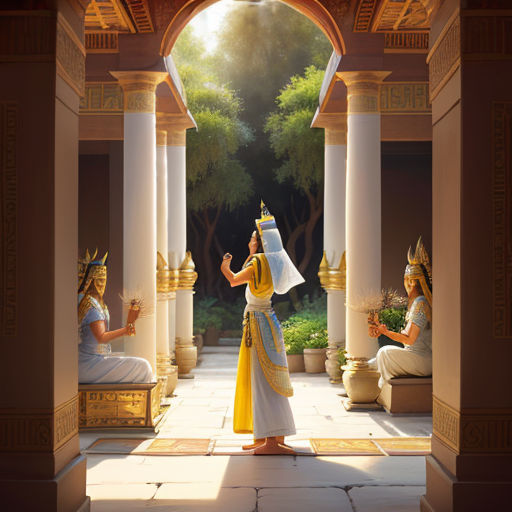
They believed in the concept of "Maat," which represented harmony and balance. They strived to maintain Maat in their bodies to keep diseases at bay.
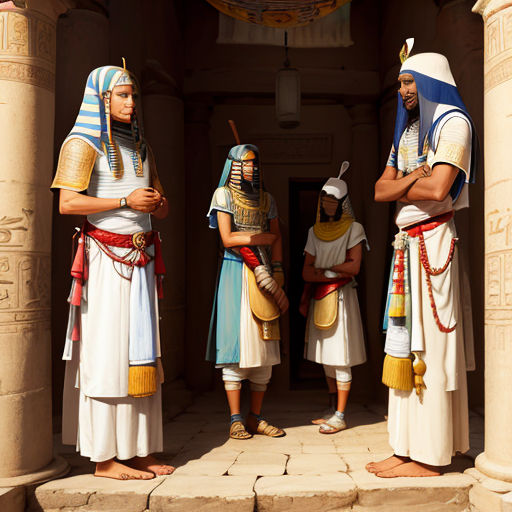
The ancient Egyptians also recognized the importance of mental health. They treated mental illnesses with a combination of physical treatments, prayers, and incantations.

They had a unique understanding of women's health as well. They used special herbs and treatments for childbirth and other women's health issues.

They also had a form of health insurance. Workers in dangerous jobs were guaranteed care, showing a societal understanding of occupational hazards.
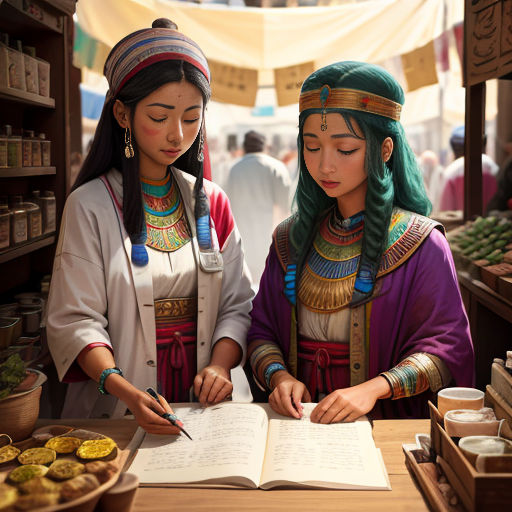
The ancient Egyptians left a rich legacy in the field of medicine. Their knowledge and practices laid the foundation for modern medicine in many ways.
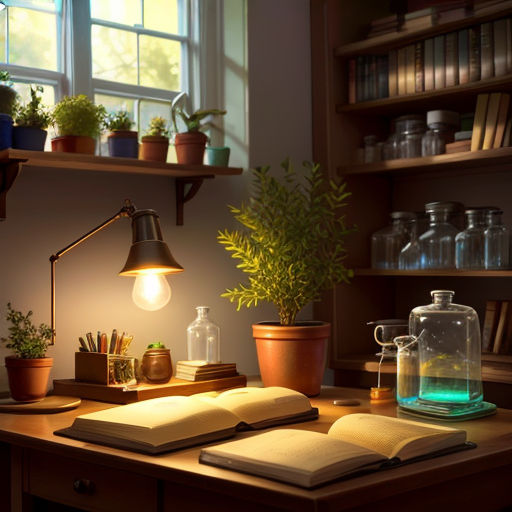
They knew the healing properties of many plants and minerals, which they used in their treatments. Many of these are still used in modern medicine today.
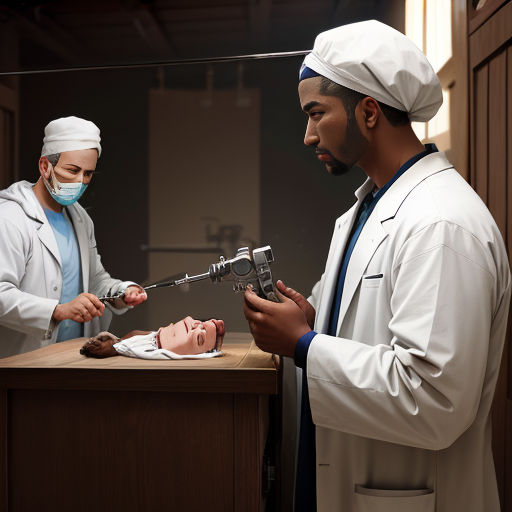
Their surgical techniques, too, were advanced for their time. They were able to perform complex procedures like trepanation and the removal of cysts.

The prosthetics they created were not only functional but also aesthetically pleasing. This shows their understanding of the importance of quality of life.
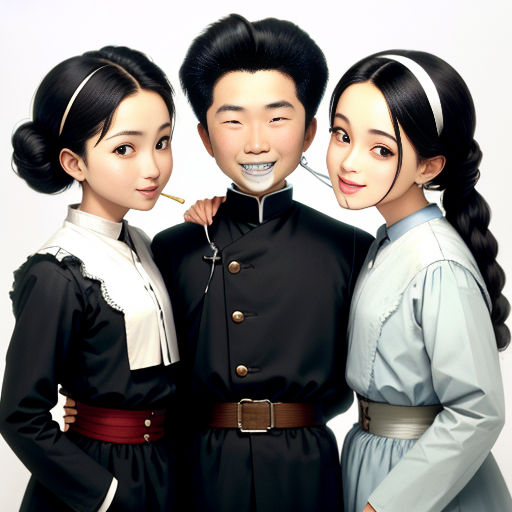
Their dentistry practices were also advanced. They had a basic understanding of oral hygiene and knew how to treat common dental problems.

The Ebers Papyrus, their medical textbook, still provides invaluable insights into ancient Egyptian medicine. It's a testament to their medical knowledge and sophistication.
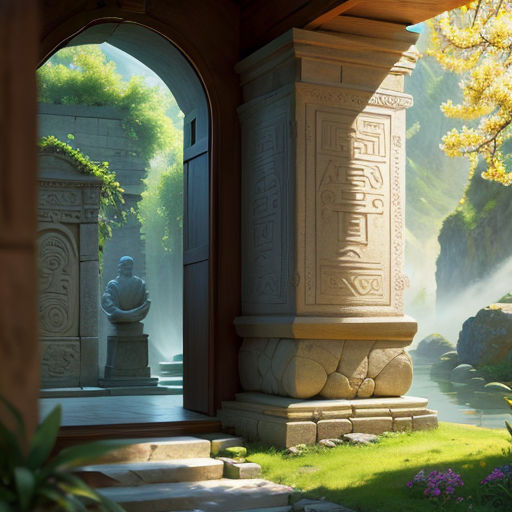
Their understanding of mental health was also quite advanced. They knew that mental and physical health were interconnected and treated them as such.
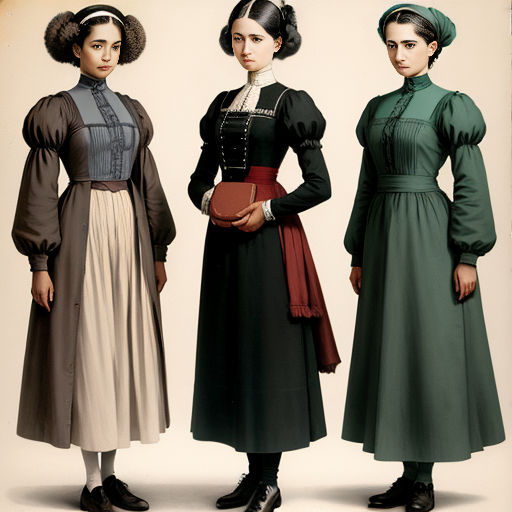
They were also ahead of their time in understanding women's health. They knew about the unique health needs of women and addressed them accordingly.
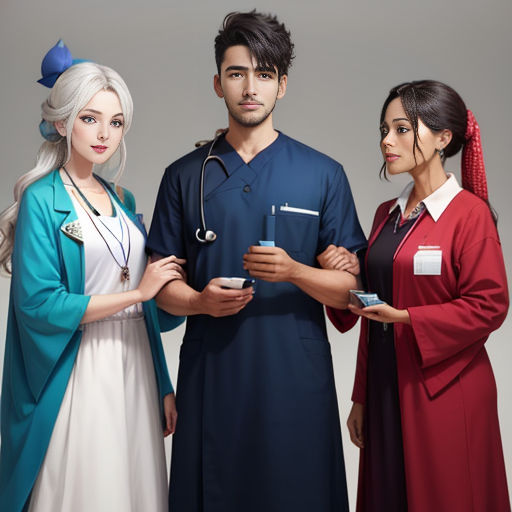
Their concept of health insurance shows their progressive societal values. It shows that they understood the importance of providing healthcare to all.
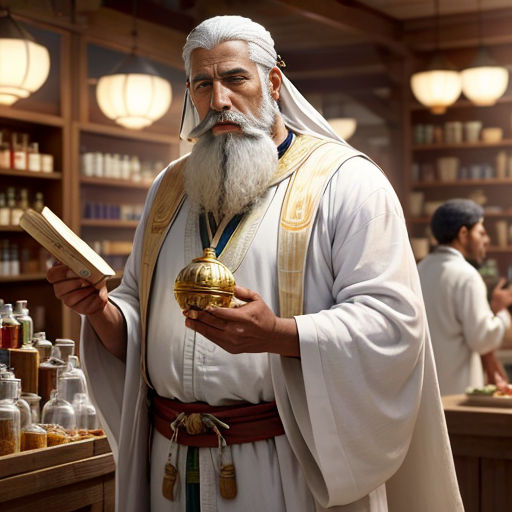
The ancient Egyptians' approach to medicine was holistic. They treated the body and mind together, striving for overall harmony and balance.
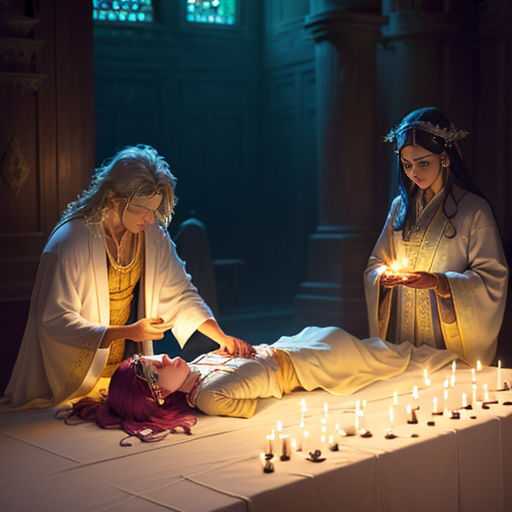
Their medical practices were deeply rooted in their religious beliefs. They believed in the healing power of the gods and incorporated it into their treatments.
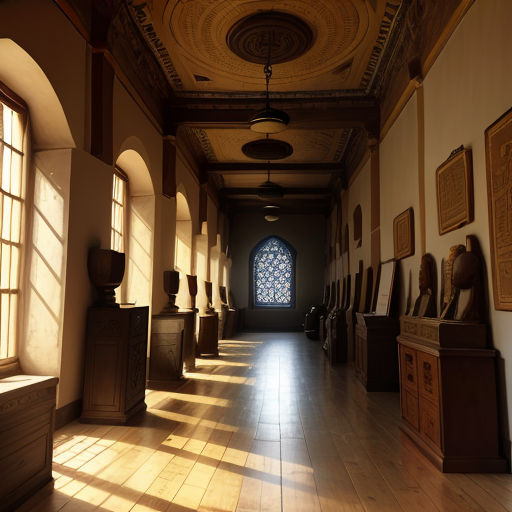
They valued life and did everything in their power to preserve it. This is evident in their medical practices, mummification process, and beliefs in the afterlife.
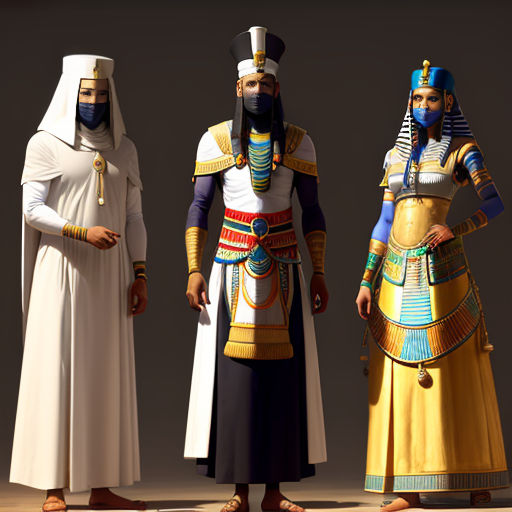
The ancient Egyptians were truly remarkable in their understanding of medicine. Their medical practices have left an indelible mark on the world of medicine.
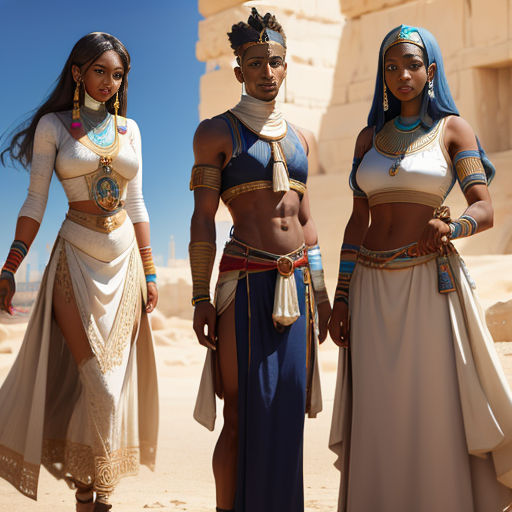
Their legacy continues to inspire and inform modern medicine. The sands of ancient Egypt, indeed, hold the secrets to many healing practices.
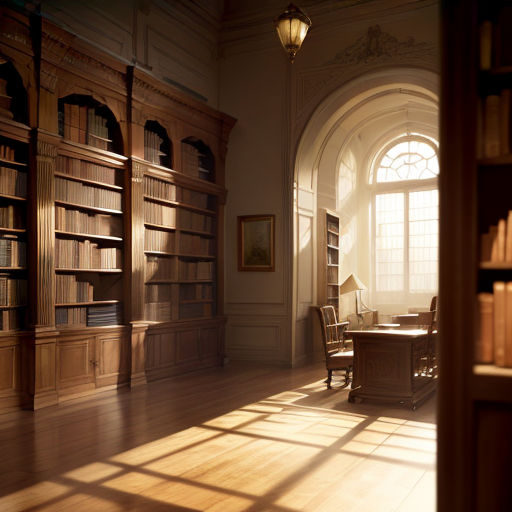
As we unveil these secrets, we not only understand their past but also gain insights for our future. Their journey through medicine is a timeless tale of human resilience and ingenuity.
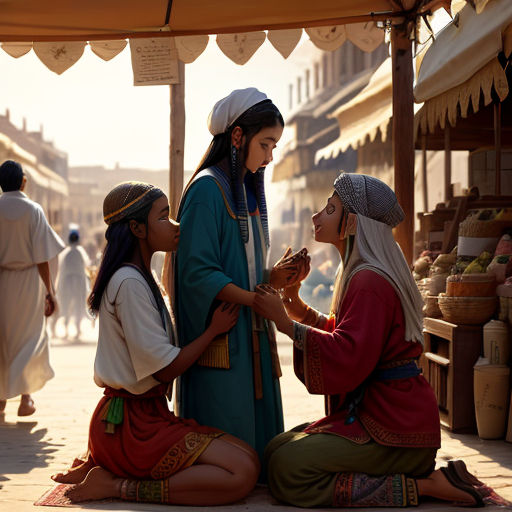
The ancient Egyptians have shown us that medicine is not just about healing the body, but also about nurturing the spirit. A lesson that continues to resonate with us today.

So, let the sands of time take you on this journey into the heart of ancient Egyptian medicine. Discover the healing practices of a bygone era, and marvel at their sophistication.
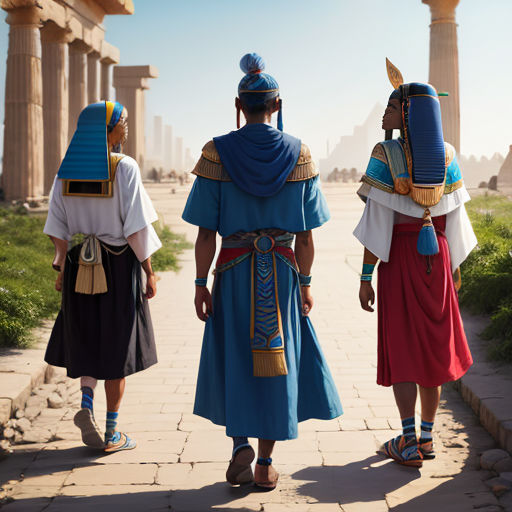
As we step back into our world, we carry with us the wisdom of the ancient Egyptians. A wisdom that continues to guide us in our quest for healing and wellbeing.
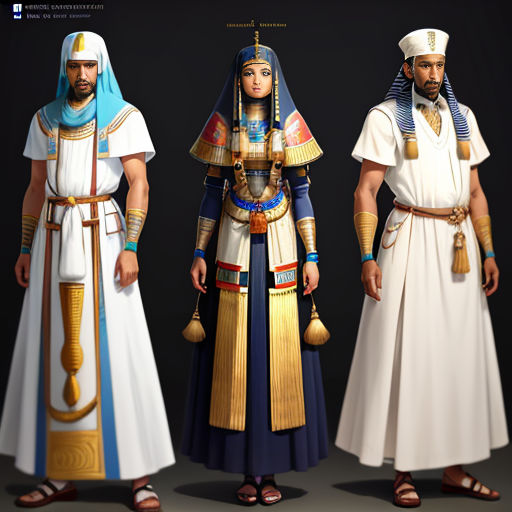
And as we look to the future, we remember the ancient Egyptians, their remarkable medical practices, and their lasting impact on the world of medicine.